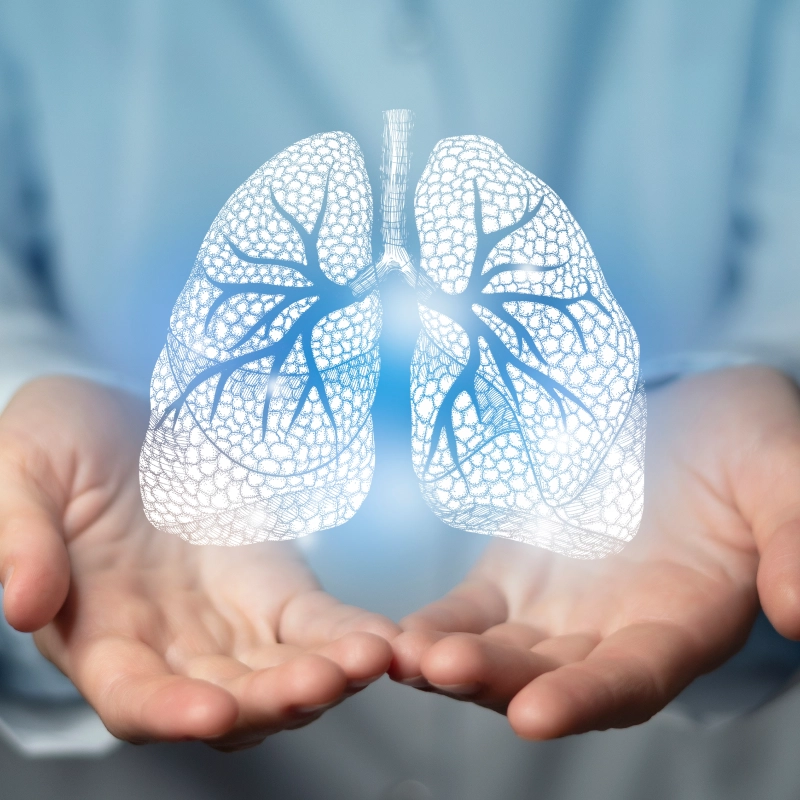Home/Wellness Zone/Sakra Blogs
11th Dec, 2023

As the winter season approaches, the air becomes colder and drier, posing a greater risk to our respiratory health. The lungs, responsible for providing our bodies with oxygen, are particularly vulnerable during this time due to increased exposure to respiratory viruses and pollutants.
Enquire Now
